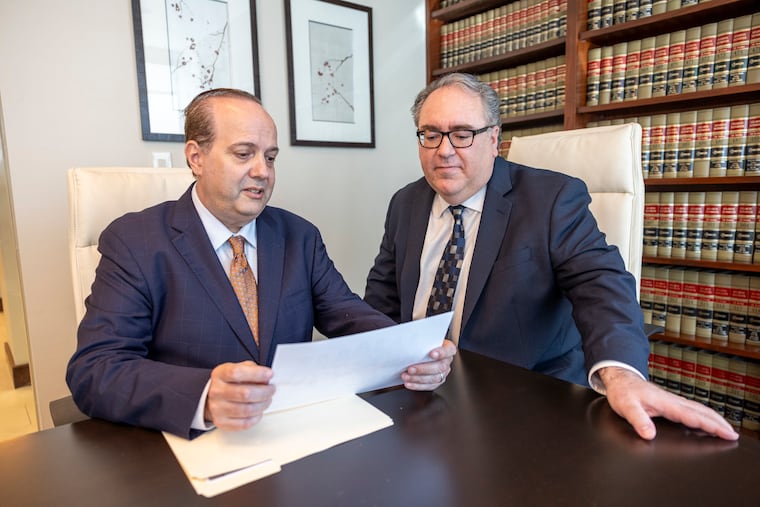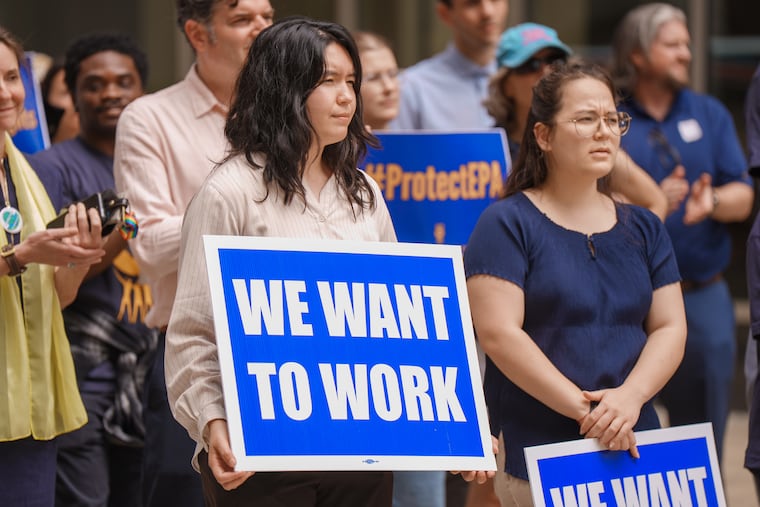Cherry Hill School District is being sued for alleged sexual abuse by a former sixth-grade teacher.
Six former students from Cherry Hill are pursuing civil litigation against the Cherry Hill School District, alleging negligence in their failure to protect them from sexual abuse by a teacher more than four decades ago. The lawsuits were filed in Camden County Superior Court, with the most recent three filings occurring on a Tuesday in 2023, all relating to events from 1979 to 1983 involving Otto Becken, who served as a sixth-grade teacher at James F. Cooper Elementary School.
Court documents reveal that the alleged abuses occurred when the students were approximately 11 or 12 years old. Becken, who passed away in 2011, was described in the lawsuits as a homeroom teacher and reading specialist who essentially groomed his students for abuse, exploiting his authority in a position of trust. The claims suggest that other district employees lacked appropriate responses when they became aware or should have become aware of the abusive conduct.
The complaints outline that the school district failed to fulfill its core legal obligations to safeguard minors from a known predator. It is alleged that Becken improperly interacted with students—frequently inviting male students to lunch in his classroom and engaging in inappropriate physical contact, behaviors that were reported to have been recognized or overlooked by the administration at the time. School officials have not publicly commented on the matter, but court filings indicate that the district denies the allegations, which include charges of negligent hiring and inadequate supervision.
Becken, who had been employed by the district since 1970, faced charges of sexual assault in 1984 involving two 12-year-old boys. Following a settlement agreement, he resigned from his position, agreeing to forfeit his teaching certificate and undergo psychiatric treatment. Although he pleaded guilty to three counts of sexual misconduct in 1985, no jail time was imposed.
Among the plaintiffs, Charles “Chuck” Wicker has publicly disclosed his experiences, stating that he endured ongoing abuse throughout the 1982-83 school year. He reported that the abuse would often occur in private settings, escalating from fondling to oral sex. Wicker expressed regret for remaining silent for so many years due to feelings of shame, believing he was alone in his experiences. Legal representation for the plaintiffs suggests that more victims may emerge as the public becomes increasingly aware of the issue.
The surge in these lawsuits has been facilitated by the New Jersey Child Victims Act, enacted in 2019, which extends the statute of limitations for childhood sexual abuse claims, allowing victims to sue until the age of 55. This legislation has opened pathways for countless individuals seeking justice against their abusers and institutions that may have protected them.
With studies indicating that many sexual abuse victims do not disclose their experiences until later in life, advocates stress the importance of supporting those who come forward and fostering a culture of accountability. Future developments in this case will be closely watched, reflecting broader societal commitments to addressing historical injustices within educational institutions.







